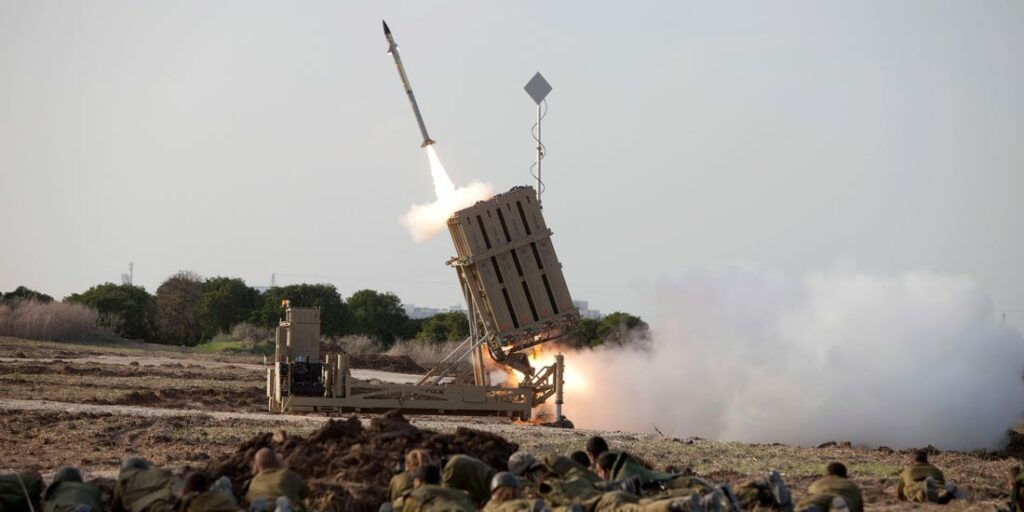For almost 20 years, the IDF has been pouring resources and time into instructing citizens of Israel’s south how to act when hearing a Red Code alert, signaling a likely rocket hit from terror groups in Gaza.
Has it all been for nothing? Is it causing more harm than good? Senior IDF officials are weighing the possibility of eliminating the sirens altogether on routine days, Yediot Achronot reported on Tuesday.
In the wake of the high number of citizens of southern Israel, including many small children, who suffer from psychological trauma every time they hear a siren, as well as the number of people who are injured while running to a protected area, the IDF is not so sure anymore that the benefits of the sirens outweigh the detriments.
Additional considerations to eliminate the siren under certain conditions [not during times of escalation or war] is the excellent performance of the Iron Dome in intercepting the rockets as well as the rise in the number of false alarms.
The issue was raised after MDA data showed a 20% increase in the number of people injured during the sirens, almost all of whom had not been injured by the rocket itself but suffered injuries from falling while running to a protected area or from psychological trauma on hearing the siren.
For example, data from Operation Black Belt last month, in which Islamic Jihad leader Baha Abu a-Ata was assassinated, showed that there were no injuries from direct rocket hits despite the launching of more than 450 rockets [b’chasdei Hashem]. The worst injury was incurred by a Bat Yam resident, who suffered a heart attack on hearing the siren. A full 60% of the rockets fell into open areas and 90% of the remaining 40% of rockets were intercepted by the Iron Dome.
According to senior IDF officials, a calculated risk can be taken to reduce the number of injuries. When terror organizations launch two rockets into Ashkelon or Sderot, and the likelihood of them being intercepted is very high, the lack of a siren will reduce the number of injuries.
Sources in the IDF noted that it’s a step that would require the public’s courage, also clarifying that there is no intention to stop the alarms in communities right next to the Gaza border, where interception ability is limited.
Despite the calculations of the IDF, the Home Front Command prefers not to take risks and to continue with existing policies. “The price of one [rocket] fall that will cause deaths, even if the likelihood is low, is greater than the injuries caused by falling and panic.”











